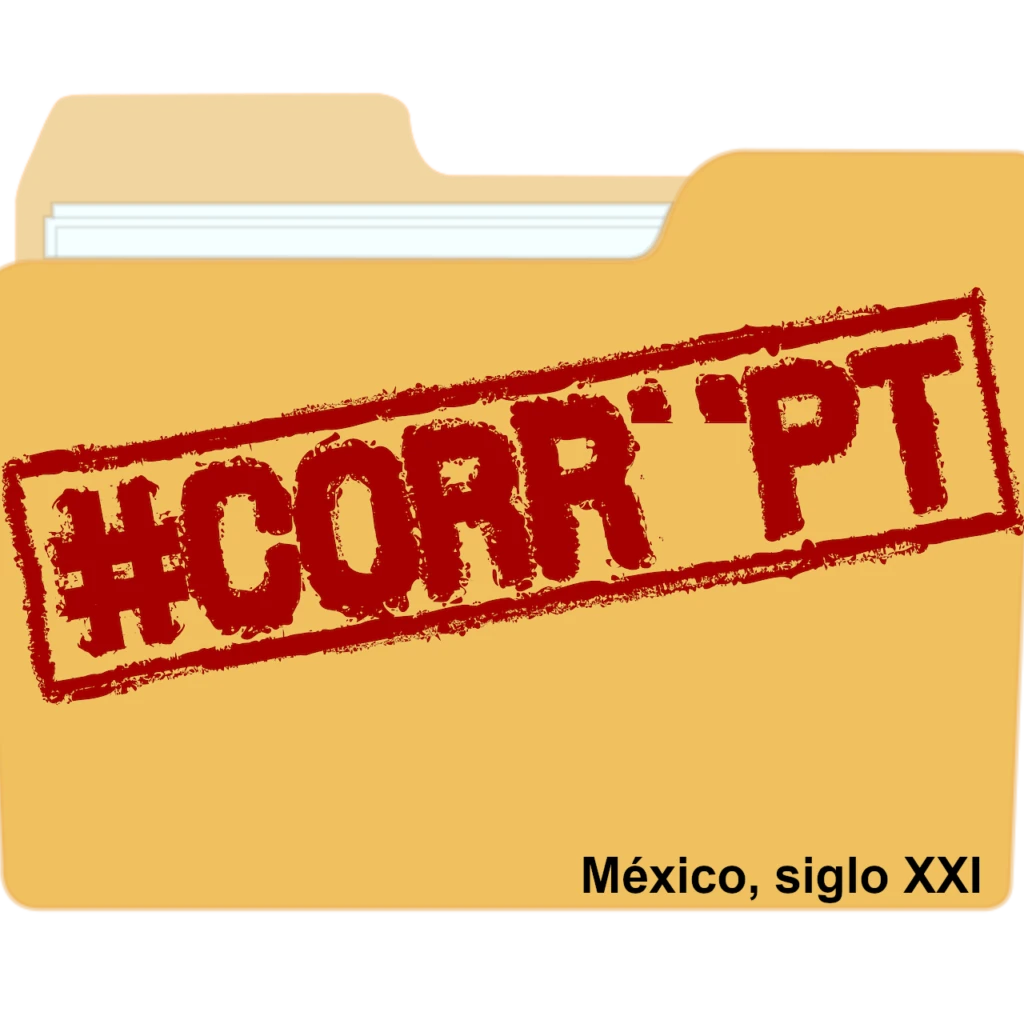Corruption and inequality: A dangerous cocktail in Mexico (pp. 48-65; DOI: 10.23692/iMex.20.4)
 Loading...
Loading...Dra Nubia Nieto

Nubia Nieto has Ph.D in geopolitics from University Pantheon-Sorbonne Paris I, in France. She also holds Master degree in Latin American Societies from the Institute of Latin American Studies-Paris III; and another Master in Political Science from National Autonomous University of Mexico (UNAM), Mexico. She graduated with a Bachelor Degree in Sociology, and another degree in Communication Sciences from the Autonomous Metropolitan University (UAM-Campus Xochimilco), Mexico. She has taken some seminars on research methods and management at the University of Greenwich and she has given some seminars on international affairs at the Coventry University, in the United Kingdom. She has a multidisciplinary professional experience and has worked as a journalist, foreign correspondent, translator, poetess, lecturer, researcher, political-financial analyst and business manager in Mexico, France and the United Kingdom. She is currently working as an independent researcher in London on Latin America and Mediterranean Europe issues leading projects for global firms and institutions among them the World Economic Forum, the British Council and the Department for International Development (DFID) recently named the Foreign, Commonwealth & Development Office (FCDO). She has published numerous research projects and papers worldwide regarding corruption, violence and emerging markets.
The consequences of corruption and wealth inequality are multiples and among of the most painful are the increase of violence. Mexico is a case in point, where these elements combined are causing thousands of deaths, millions of people living with less than a dollar per day, while 10% of Mexico’s richest concentrates 64.4% the country’s wealth (GWR 2019). The main objective of this paper is to describe the relation between political corruption and income inequality in the Mexican context. The text is divided into three parts. The first one presents a theoretical review of the relationship income inequality and political corruption. The second one exposes the distribution of wealth in Mexico and the levels of corruption in the country. The third one shows the effects of income inequality and political corruption in the light of violence generated by organised crime and impunity that experience thousands of Mexicans, and finally it is presented some comments, which wrap up the challenges ahead.
Las consecuencias de la corrupción y la desigualdad de la riqueza son múltiples y entre las más dolorosas se encuentran el aumento de la violencia. México es un ejemplo, donde estos elementos combinados están causando miles de muertes, millones de personas que viven con menos de un dólar por día, mientras que el 10% de los más ricos de México concentra el 64.4% de la riqueza del país (GWR 2019). El objetivo principal de este artículo es describir la relación entre corrupción política y desigualdad de ingreso en el contexto mexicano. El texto está dividido en tres partes. El primero presenta una revisión teórica de la relación desigualdad de ingreso y corrupción política. El segundo expone la distribución de la riqueza en México y los niveles de corrupción en el país. El tercero muestra los efectos de la desigualdad de ingreso y la corrupción política a la luz de la violencia generada por el crimen organizado y la impunidad que experimentan miles de mexicanos, y finalmente se presentan algunos comentarios que resumen los desafíos que se avecinan.
Articles
XX. Christoph Rosenmüller – Cinco momentos de corrupción
XX. Philippe Dautrey – Corrupción en México ¿Una maldición eterna?
XX. Nubia Nieto – Corruption and Inequality
XX. D. Arellano-Gault / L. J. Trejo Alonso – Corrupción y confianza: las palancas
XX. Esteban Freidin – Experimentos económicos de laboratorio
XX. Eva Salgado Andrade – La Casa Blanca en Twitter
XX. Jorge Volpi – Entrevista


